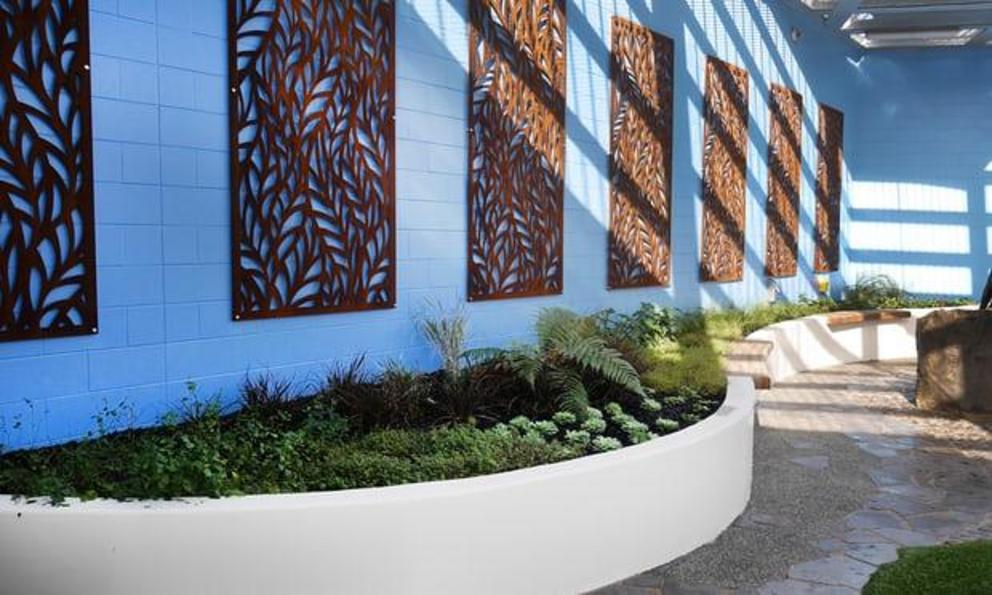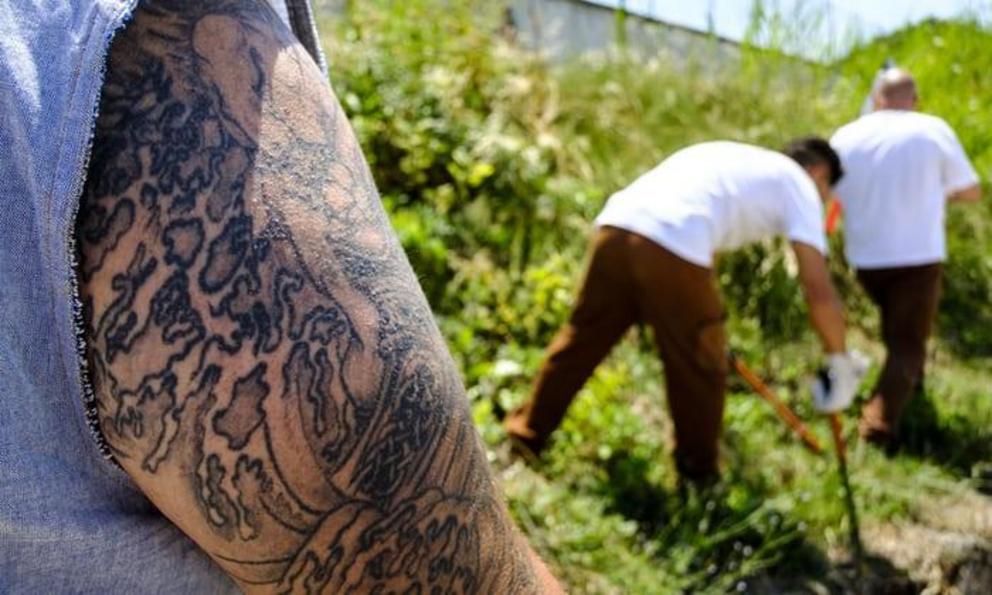Yoga, herbs and sunshine: New Zealand opens 'humane' jail for most violent inmates
A $300m high-security prison in Auckland offers holistic and therapeutic programs.
New Zealand’s most violent and disturbed inmates will soon be able to walk on real grass, take sun baths and practise yoga in their cells as the country opens its first “humane” prison for maximum-security offenders.
The NZ$300m prison has just been completed on the outskirts of Auckland and, when it opens, will be the only specialist facility for maximum- and high-security male prisoners in the country. The prison has been designed to operate as a “de facto mental health unit” as the number of mentally ill incarcerated men continues to soar.
New Zealand has one of the highest incarceration rates in the developed world, with Māori people accounting for more than 50% of all prisoners, despite representing only 15% of the overall population. Some 90% of prisoners have a life-long diagnosis of mental illness or addiction.
Auckland East is partially replacing the 50-year old Paremoremo prison, which was modelled on US “supermax” prisons such as Marion and Alcatraz.
Neil Beales, corrections chief custodial officer, said the new prison was “more decent and humane” than the former facility, with the goal of rehabilitating prisoners.
Beales said as New Zealand’s prison population continued to climb, the corrections department had been forced to build a facility that could handle severely unwell prisoners, as beds in mental health wards were often unavailable, or waiting lists long.
“The old prison was built for staff to be kept away from prisoners and prisoners away from staff ... even though we are dealing with prisoners who display very challenging behaviours, the facilities do not necessarily need to be austere or oppressive,” said Beales, who started his custodial career in Strangeways prison just after the 1990 riot.
“Rehabilitation and reintegration has to start the minute that they come into prison: because they are going to leave prison. And if we don’t have a facility where we can do good programmes we are unlikely ever to see a decline in the prison numbers that we ultimately want.”
The new Auckland East prison incorporates a range of holistic and therapeutic features modelled on prisons in Scandinavia, Belgium and Germany.
 The new sensory garden for maximum- and high-security prisoners at Auckland East prison.
The new sensory garden for maximum- and high-security prisoners at Auckland East prison.
A seed propagation garden will allow prisoners to get their hands dirty and nurture new life, while a sensory garden aims to sooth and stimulate, with plants such as thyme and spearmint, and real grass underfoot.
Cells in the new block are also 30% bigger – increasing from 5.8 sqm to 9 sqm – and have their own showers and TVs.
Horizontal rather than vertical bars allow inmates a better view of the natural world.
Yvonne Jewkes, a professor of criminology at the University of Kent who worked as a consultant on Auckland East, and said the old facility was a “national disgrace” and “the grimmest prison I’ve ever been in anywhere in the world”.
Jewkes said she was disappointed to see more colour hadn’t been used on the interior spaces of the new prison, and some of the design team’s more radical proposals – such as cells kitted out to look like an Ikea showroom – had not been taken up.

